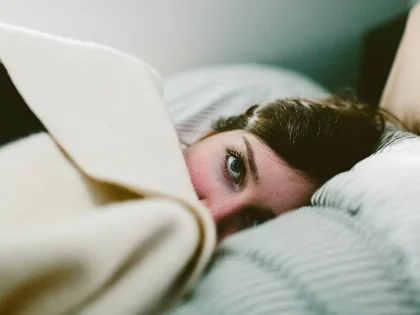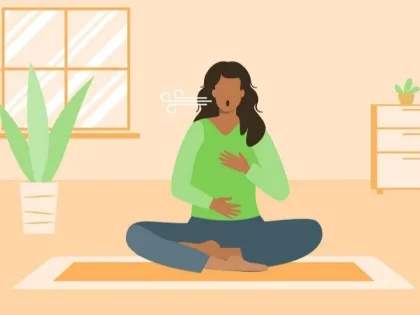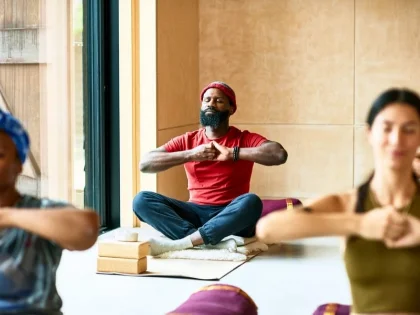How to Go to Sleep Fast Using the Military Sleep Method
You might attempt a few methods to get to sleep quickly. The military sleep method is one of them. Starting with your face, it entails tensing and relaxing every muscle group in your body.
However, there are a ton of other things you can do to enhance your sleeping patterns.
1. Adjust the temperature
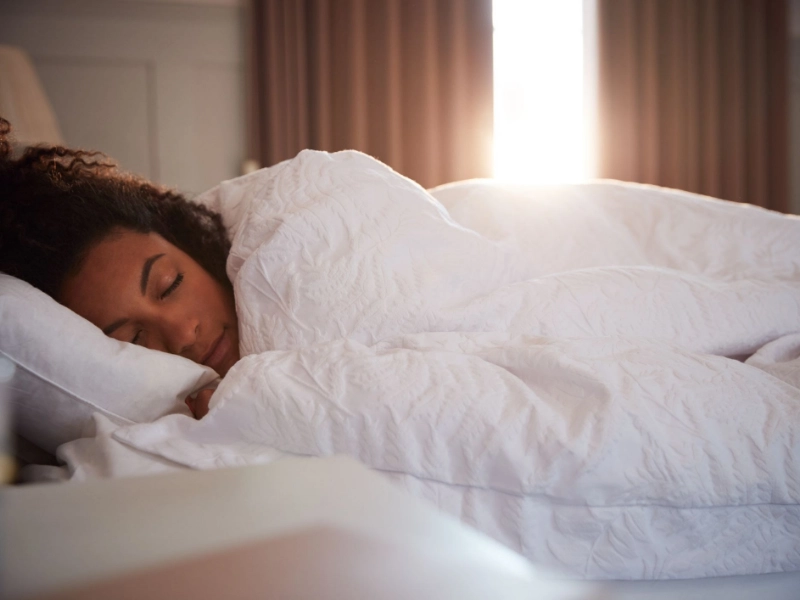
Studies reveal that sleeping in a room that is between 60 and 67 degrees can enhance the quality of your sleep by lowering your body's core temperature, which is essential for the generation of melatonin. According to Ramos, maintaining your bed at this temperature may also help you prevent the "sleep-stealing" consequences of an overly heated bedroom.
2. Let your muscles relax.

Progressive muscle relaxation, or PMR, is a technique you can attempt if you have trouble relaxing. This method has been a tried-and-true method of reducing tension and anxiety for almost a century. The goal is to progressively tighten and relax every muscle group, beginning with the jaw, cheekbones, and eyes. Proceed to the neck, arms, trunk, and legs after that. Lastly, pay attention to the toes and feet.
You can also attempt the 4-7-8 approach and body scans. Before going to bed, try these simple exercises to help relax the mind and get the body ready for sleep. You ought to exercise and consume a balanced diet as well. Your circadian cycle can be upset, and the distinction between day and night might become hazy with irregular or late workouts.
3. Turn off all distractions.
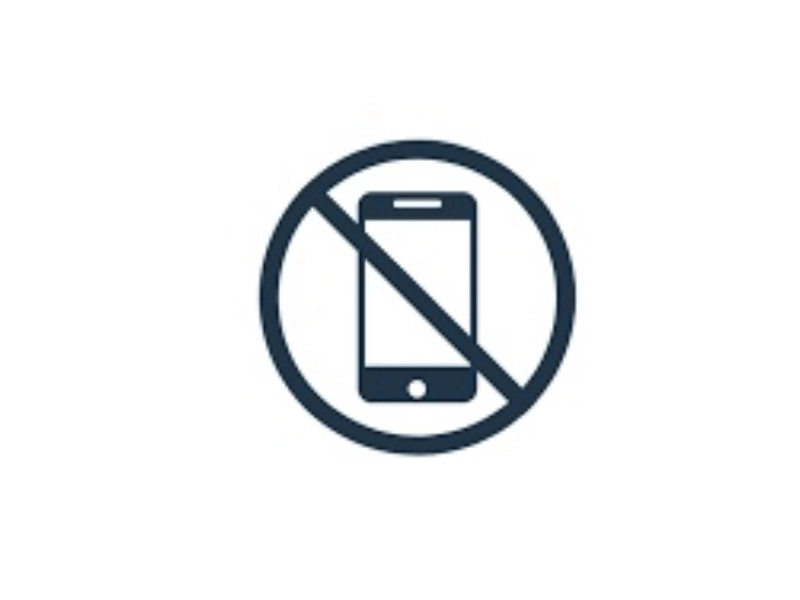
Throughout the day, your brain gathers new information, and it is nearly impossible to stop thinking about it once you go to bed. This can make you anxious about going to sleep and make it difficult for you to fall asleep quickly.
Aim to avoid talking or engaging in stimulating activities for around one hour before going to bed. Instead, use a relaxation method or read a book that will help you relax.
To block out light and distractions, consider using a sleep mask composed of natural materials, such as mulberry silk. In order to encourage relaxation, you could also think about utilizing essential oils like chamomile, sandalwood, ylang-ylang, and lavender. An additional choice to aid in your quicker sleep is to take melatonin tablets. Before using any vitamins or other prescriptions for sleep issues, though, consult your doctor.
4. Get into a routine.
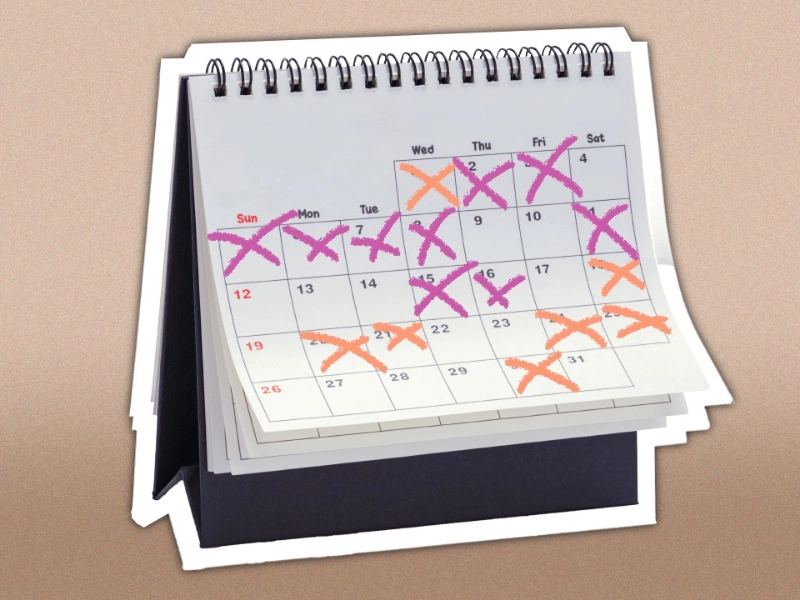
For instance, jot down any thoughts that frequently cross your mind before bed, such as a list of things you need to get done or bills you have to pay, to avoid worrying about them while you're asleep. Alternatively, you can use a sleep tracker to monitor how much time you spend in bed and reduce the amount of time you spend awake.
Additionally, if you're using the military method—which entails sequentially tensing and relaxing your muscles—stick with it each night to help your brain learn that this is how sleep looks. Prior to making any adjustments, give it a try for a few weeks. This will assist you in getting to sleep and staying asleep longer. And everyone wins in that way.


